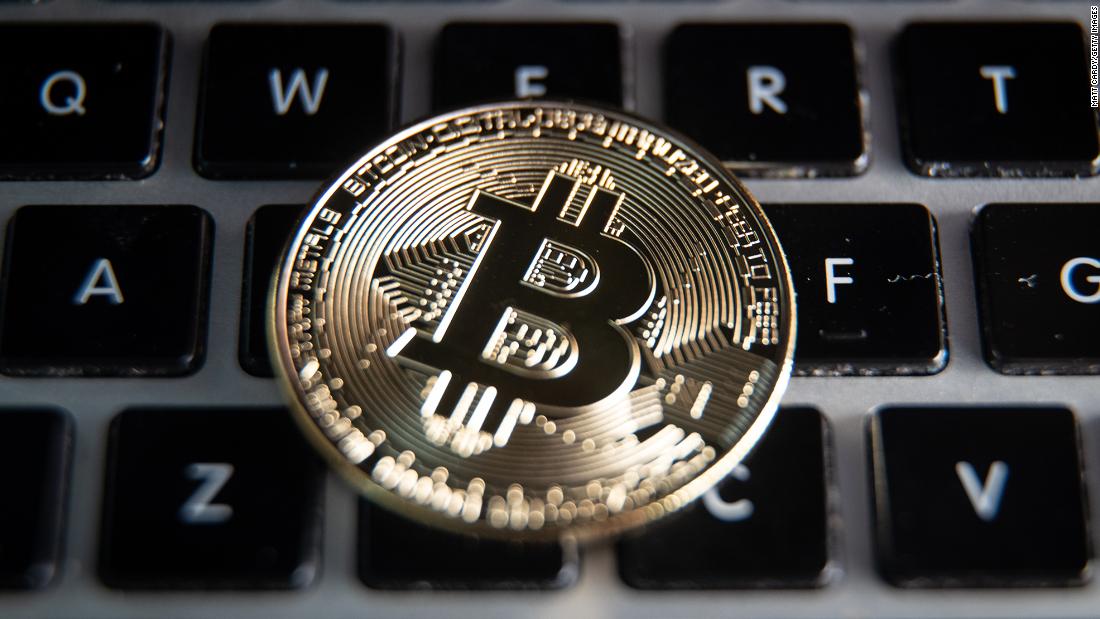
Juul's in trouble. So is crypto. We explain it all
June 24, 2022New York (CNN Business)This story is part of CNN Business’ Nightcap newsletter. To get it in your inbox, sign up for free, here.
The good times keep rolling for the labor market — there’s still nearly two open jobs for every person who’s looking -— but a spate of recent headlines about high-profile layoffs may be giving “spring 2020” energy.
See here:
- Netflix today said it’s laying off 300 employees, around 3% of its workforce.
- Elon Musk uttered the word “bankrupt” at an event and freaked everyone out, saying new Tesla factories are “losing billions of dollars.”
- Yesterday, JPMorgan Chase let go of hundreds of staff in its mortgage division, citing rising rates that are curbing demand.
- Last week, real estate giants Redfin and Compass, which flourished in the pandemic era of low mortgage rates and ravenous demand, announced major cuts.
- The whiplash is also hitting crypto hard: Coinbase last week abruptly laid off 18% of its staff, froze hiring and even rescinded job offers.
- Spotify, StitchFix and Carvana are also making cuts.
Seeing all those household names in the headlines might make you think the economic recovery, defined as it’s been by a mind-blowingly strong labor market, might be sputtering.
But labor economists caution that it’s too early to know whether all of this is a harbinger of broader turmoil. After all, unemployment remains near a 50-year low.
“A bunch of press releases from dozens of companies is still just a tiny, tiny, tiny fraction of the workforce,” labor economist Aaron Sojourner told me recently. “We’ve seen very fast, consistent job growth…so there’s a lot of reason to expect deceleration — whether it turns negative is not clear yet.”
Sojourner is in a unique position to know. Back in March 2020, he and fellow economist Paul Goldsmith-Pinkham were among the first to accurately predict the first avalanche of nearly 3.5 million layoffs in a single week — that was nearly three times the estimate offered by Goldman Sachs.
So far, he doesn’t see evidence of a broad pattern to suggest the labor market is going slack. That’s not a promise it won’t change, he says, but he’s still optimistic.
He’d caution bearish observers to keep in mind that a lot of our economic problems stem from things being too good. “People are complaining that consumers have too much money, they’re spending too much and driving up prices … Everybody’s working who wants to be working,” he says. “These are very high-class problems.”
LOOK AHEAD: Although layoffs are pretty much contained to industries that are sensitive to interest rate increases, even the Fed admits it may not be possible to get inflation under control without causing job losses.
“There is a risk that unemployment will move up,” Fed Chair Jay Powell said during a hearing before the House Financial Services Committee today.
The central bank does not have “precision tools,” which means we could see job losses more broadly.
Unemployment stood at just 3.6% in May, down from nearly 15% in the spring of 2020. Even at 4% or higher, Powell said, the labor market would “still be very strong.”
NUMBER OF THE DAY: $529 MILLION
Some people might feel a little queasy investing in Big Oil in the Year of Our Lord 2022. Because of the whole, you know, planet-warming, air-polluting, all-around-God-awful catastrophe that is the fossil fuel industry.
Not Warren Buffett. The Oracle of Omaha’s Berkshire Hathaway just doubled down on its energy investment, dropping about $529 million on 9.6 million shares of Occidental Petroleum in the past week. If you can get past the immorality of it all, it is a pretty solid bet: Occidental Petroleum shares are up 92% this year, while the S&P 500 is down more than 20%. So, yeah…suck it, hippies, let’s get rich.
PREDATORY
Most people are, understandably, rather grumpy about surging prices of gas, food and just about every essential item you can think of.
There’s at least one industry dancing on the grave of our expendable income, however: predatory payday lenders.
Here’s the deal: Payday loans, aka cash advance loans, are the kind of short-term bridge that can feel like a lifeline when you’re living paycheck to paycheck. But they come with criminally high interest rates, often over 500%, depending on your credit and income. And our current economic climate — marked by high inflation and low unemployment — is just the kind of environment where these lenders thrive, my colleague Nicole Goodkind writes.
One subprime lender, Enova, said in an earnings call recently that 44% of all the loans it issued last quarter were to new customers. That’s…astonishing.
But it’s also easy to see why people are getting desperate:
- Inflation in the US is the highest it’s been in 40 years.
- Gas is hovering around $5 a gallon, more than 60% more expensive than it was a year ago.
- Bosses across America are calling workers back to the office, which means more driving.
- The federal minimum wage, meanwhile, still stands at $7.25 per hour, where it’s been since 2009.
- About two-thirds of Americans live paycheck to paycheck, one survey found. (That number jumps to 82% among workers earning less than $50,000.)
- People with subprime credit scores (below 650) have a hard time getting a loan through a regular bank or qualifying for credit cards, leaving them with few options when cash is tight.
- To hear the predatory lenders tell it, they’re providing service to low-income communities by issuing loans to people whom traditional banks have turned away. The high interest rates are necessary because of the risk of default.
Consumer advocates call BS.
“There are 18 states and the District of Columbia that have banned payday loans and have survived just fine without these predatory lending products,” said Nadine Chabrier, senior policy counsel at the Center for Responsible Lending. “There are fair and responsible lending products that have low interest rates and fees that are available and that people can use.”
Read Nicole’s full story here.
Enjoying Nightcap? Sign up and you’ll get all of this, plus some other funny stuff we liked on the internet, in your inbox every night. (OK, most nights — we believe in a four-day week around here.)
Source: Read Full Article


